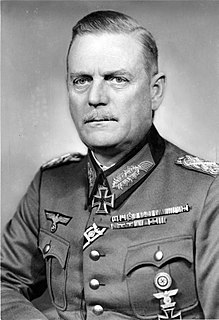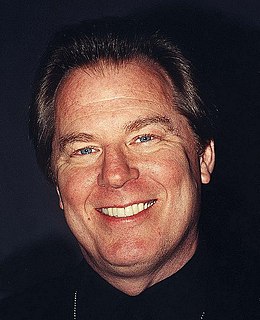A Quote by Shinzo Abe
The visits Prime Minister Koizumi made to the Yasukuni Shrine, I believe, had nothing to do with approval ratings. He paid respects at the Yasukuni Shrine to pay respects to the people of Japan who fought and lost their lives for the country and to pray for the peace of their souls.
Related Quotes
The election of Shinzo Abe as the leader of Japan's ruling Liberal Democratic party and now prime minister will have profound repercussions for Japan and East Asia. Most western commentary during the premiership of Junichiro Koizumi has been concerned with the extent to which Japan has allowed a freer rein to market forces.
There is a beautiful expression of this in the Chandogya Upanishad: 'There is this City of Brahman, (that is the body), and in this city there is a shrine, and in that shrine there is a small lotus, and in that lotus there is a small space, (akasa). Now what exists within that small space, that is to be sought, that is to be understood.' This is the great discovery of the Upanishads, this inner shrine, this guha, or cave of the heart, where the inner meaning of life, of all human existence, is to be found.
To serve as prime minister while being too mindful of the approval rating is like serving as a prime minister on a roller coaster. What is important, I believe, is that I really act on promises that I make and leave results. Leave a track record and show that to the Japanese public, who will, at the end of the day, I hope, appreciate it.
Hitler had charm, loved children, charmed women. But in political respects he would stop at nothing. In other respects he had soft and touching emotions. Just as he could be terribly brutal in following up political ideas, so he could be humanely sensitive for the feelings of individuals, for the individual human life.
Koizumi was not rooted in Japan's rightwing nationalist tradition: he was a pragmatist and a populist. Abe, in contrast, is a rightwing nationalist. Unlike Koizumi, for example, he has questioned the validity of the postwar Tokyo trials of Japan's wartime leaders, which found many of them guilty of war crimes.
I was a very senior minister in the Howard government and I sat around this particular table [in the prime ministerial office] in many discussions. The difference between being a senior minister and the prime minister is that ultimately the buck does stop with the prime minister and in the end the prime minister has to make those critical judgement calls and that's the big difference.








































